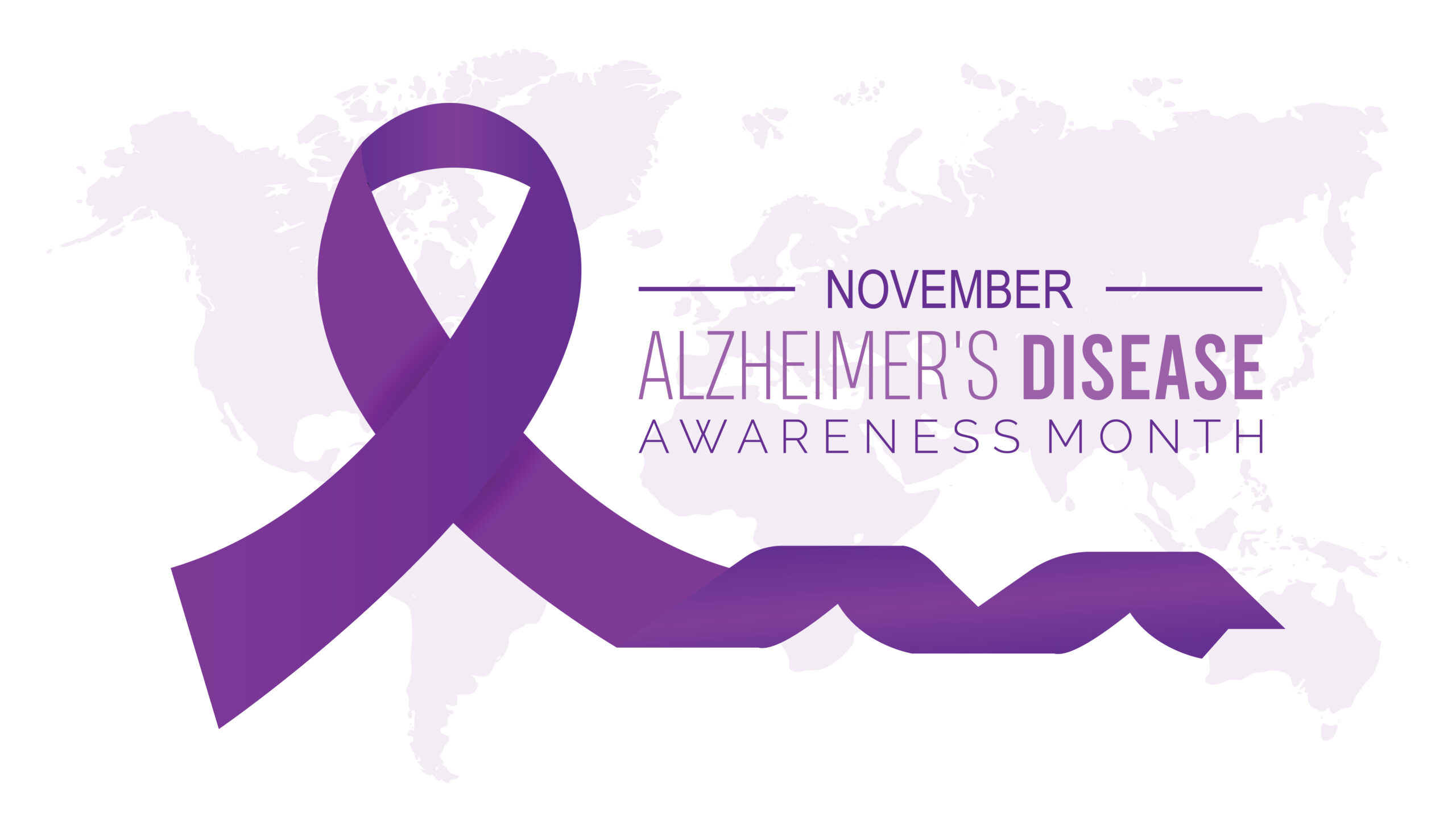November is National Alzheimer’s Disease Awareness Month, a time dedicated to increasing understanding and support for the more than six million Americans living with Alzheimer’s disease, a progressive neurological disorder that impacts memory, thinking, and behavior.
Alzheimer’s disease, named after Dr. Alois Alzheimer, was first identified in the early 20th century. It is the most common cause of dementia, accounting for up to 70% of cases. Symptoms often start with mild memory loss, but over time they progress, making it difficult for individuals to carry out even simple tasks. Alzheimer’s is not only a heartbreaking diagnosis for those living with the condition but also takes an emotional, physical, and financial toll on their families and caregivers.
The Importance of Early Detection
Early detection is critical when it comes to Alzheimer’s disease. Recognizing symptoms in the early stages allows for better management of the disease, enabling patients and families to plan for the future, explore treatments, and find support networks. While there is currently no cure for Alzheimer’s, several medications can help manage symptoms and improve quality of life. Early intervention and lifestyle changes — such as regular physical activity, cognitive exercises, and a healthy diet — can also slow down the disease’s progression and improve overall health.
People may dismiss early signs of Alzheimer’s, often attributing them to normal aging. However, persistent memory problems, challenges with planning or solving problems, difficulty completing familiar tasks, confusion with time or place, and changes in mood or personality can all be signs of Alzheimer’s. If you or a loved one experiences these symptoms, it is essential to consult a healthcare professional for an assessment.
Supporting Families and Caregivers
Caring for someone with Alzheimer’s can be demanding, emotionally and physically. Family caregivers often feel isolated, stressed, and overwhelmed as they navigate the unpredictable course of the disease. During National Alzheimer’s Disease Awareness Month, we recognize the invaluable contributions of caregivers, who are often family members providing unpaid support. Many caregivers need help but may not seek it, and acknowledging their sacrifices is an important step toward encouraging the support they need.
Organizations like the Alzheimer’s Association and Neighbor Network of Northern Nevada offer various resources, including helplines, respite care, support groups, and educational materials. They also advocate for better policies and funding to support research and provide services for families affected by Alzheimer’s.
Raising Awareness and Driving Research
National Alzheimer’s Disease Awareness Month is also an opportunity to advocate for greater research funding and support innovative treatments. The past decade has brought significant advancements, with scientists exploring promising new therapies that may one day slow or stop the progression of Alzheimer’s. Additionally, researchers are investigating the genetic and environmental factors that may contribute to Alzheimer’s, which can help guide prevention efforts.
By increasing awareness, we can reduce stigma, foster early diagnosis, and build a more supportive environment for those affected by Alzheimer’s. Sharing information, participating in fundraising events, and engaging with resources can make a real difference.
How to Get Involved
Whether it’s volunteering, donating, or simply educating yourself and others, your involvement can be part of the collective effort to fight Alzheimer’s.



